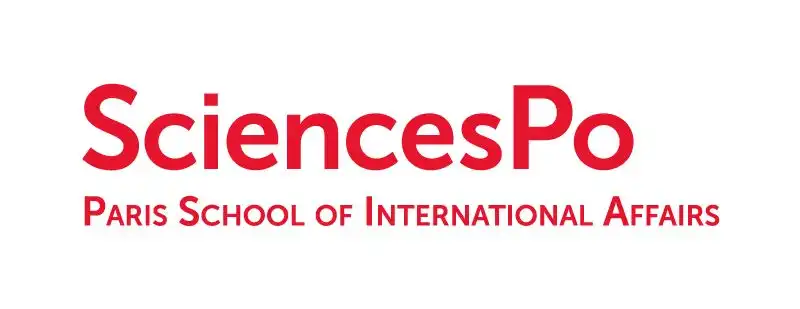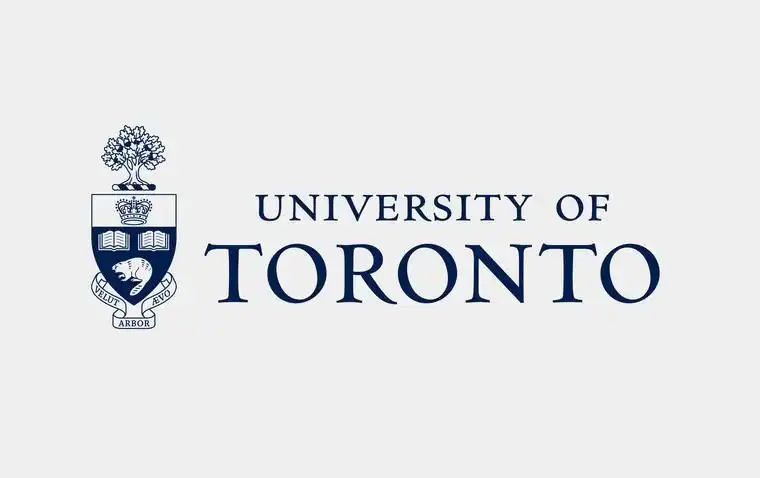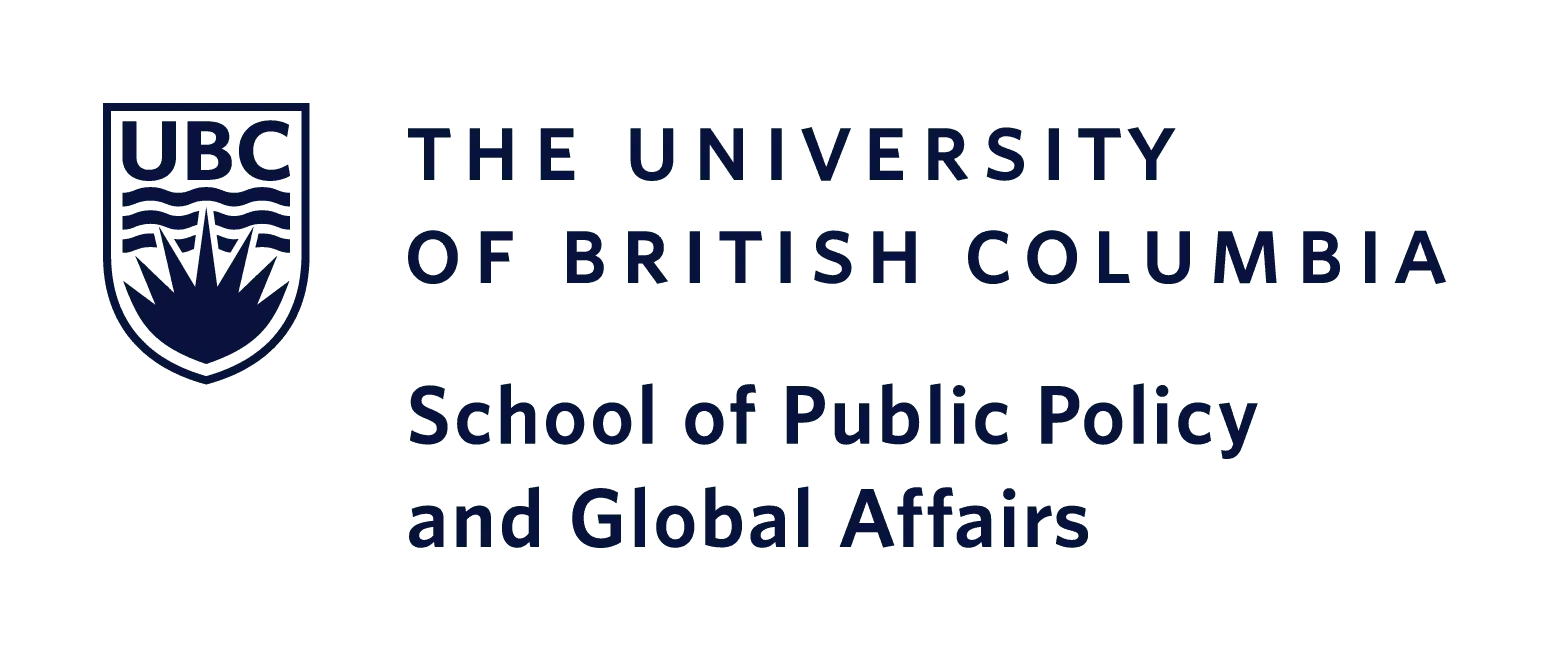Home>About us>Partnerships and Chairs>The CARE Program
The CARE Program
Shaping a New Generation of Global Climate Leaders
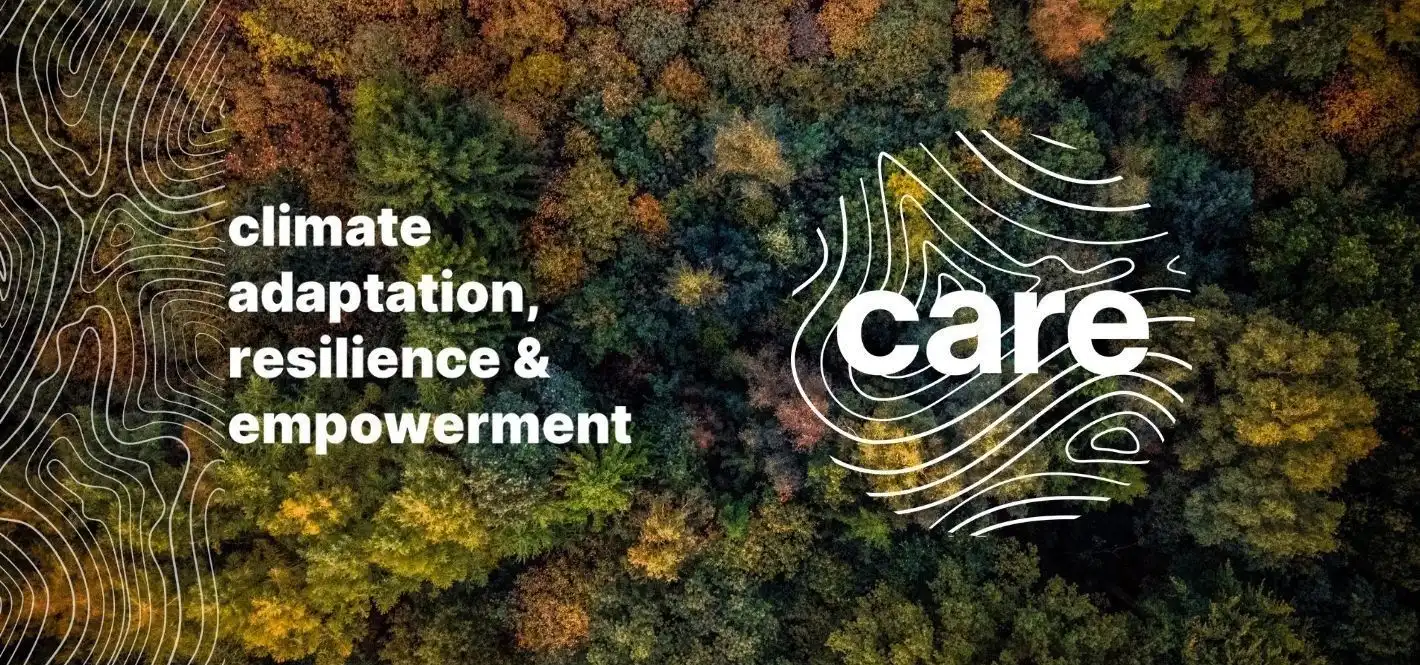
About the program
The Climate Adaptation, Resilience and Empowerment (CARE) Program is an innovative, state-of-the-art, carbon neutral program led by Sciences Po’s Paris School of International Affairs (PSIA) in partnership with the University of Toronto, the University of British Columbia and the University of Guelph, and with the support of the DRG Foundation.
The overall objective of the CARE Program is to contribute to shaping a new generation of climate-conscious global leaders and citizens to make a positive impact through evidence-based policy and community engagement that contribute to sustainable development.
The program will contribute to four key outcomes:
- Knowledge: Supporting the exchange of knowledge and the dissemination of interdisciplinary research on policy issues related to the triple planetary crisis of climate change, biodiversity loss and pollution.
- Innovation: Establishing a collaborative platform to co-create new initiatives and impactful solutions that can be scaled up or replicated.
- Community: Mobilising students, faculty and external stakeholders to build a network of leaders and change-makers, driven by an ambition to address the triple planetary crisis at the local, national and international level.
- Leadership: Ensuring the CARE program’s wide-reaching impact through a dedicated advocacy plan, and by leveraging existing forums and developing an annual international conference.
While supporting meaningful opportunities for cultural exchange between Canada and France, the CARE Program will also contribute to enhanced in-situ learning from local knowledge systems and solutions and reinforcing a focus on communities most vulnerable to the effects of climate change, biodiversity loss and pollution.
“Faced with the environmental changes underway, the world needs a new generation of global climate leaders and decision-makers who will actively shape a wide range of disciplines by drawing from scientific understanding and diverse knowledge systems, and by collaborating with local communities and deepening worldwide connections. As a leading institution in the social sciences and humanities faced with the greatest challenge of our modern history, our role has never been more important”
Arancha González, Dean of Paris School of International Affairs, Sciences Po.
Signed for a 5-year period beginning on 1 March 2024, the CARE Program is made possible by a €7.2 million grant from the Fondation David R. Graham, which is involved in promoting cultural exchanges between France and Canada.
Ultimately, the CARE Program is intended to expand to other higher education partners around the world. The ambition is to reach over 2000 students within 5 years.
Activities
The CARE Program is organised around four work packages, as follow:
- CARE Scholarships for Canadian students to pursue Master level study at Sciences Po and for French students to pursue graduate studies at the University of Toronto, the University of British Columbia and the University of Guelph
- Student fellowship scheme to enable independent student initiatives in France and Canada
- Visiting faculty scheme in support of student-centric activities.
- CARE competitions and prizes for innovation in addressing climate change, biodiversity loss and pollution
- The CARE leadership certificate in climate change and environmental issues
- CARE Collaborative courses
- Applied learning projects linked to the CARE themes.
- CARE competitions and prizes for innovation in addressing climate change, biodiversity loss and pollution.
Collaborative student projects linked to the CARE Program’s core themes with the support of mentors from partner universities. Subsequently, participating students will gather to share their findings and exchange ideas at dedicated in-person sessions. Initial themes include: urban resilience, agro-food & biodiversity.
- CARE Annual international conference
- CARE events
News & Events
- Applications are open for the CARE Student Mobility Fellowships
- Applications are now open for the CARE Scholarship
- 15 November 2024 - CARE Sustainability in a Changing Climate Case Competition
- 23 October 2024 - Blending sciences and art in climate action: Prof Madhur Anand visits Sciences Po
- 07 May 2024 - Sciences Po, the University of Toronto, the University of British Columbia and the University of Guelph announce the launch of the CARE Program
- 07 November 2023 - CARE holds its first Annual conference in Paris in November 2023
CARE Students

« My experience has been both intellectually stimulating and deeply enriching. The academic environment here has allowed me to delve into topics I’m passionate about, guided by the expertise of outstanding professionals and academics. What makes it even more special is the student body – being surrounded by such motivated and inspiring peers pushes me to constantly challenge myself. »
Sharif Fatourehchi
Canadian Student, PSIA’s Master in International Energy Transition
Read the interview

« I hope to contribute to the CARE Program’s goals of building bridges by connecting Sciences Po to Canadian institutions and eventually bringing the skills I acquired during my degree in France back to Canada. »
Caitlin Grady
Canadian students, PSIA’s Master in Environmental Policy
Read the Interview

« Receiving the scholarship and participating in this program has been deeply affirming and validating and I have never been so sure of my trajectory and goals in the field of environmental justice »
Dorothy Settles
Canadian students, PSIA’s Master in Environmental Policy
Read the interview

« With a strong commitment to climate action, I am confident that this experience will enable me to make more meaningful and impactful change in my future work. »
Emily McIntosh
Canadian Student, PSIA’s Master in Environmental Policy
Read the interview
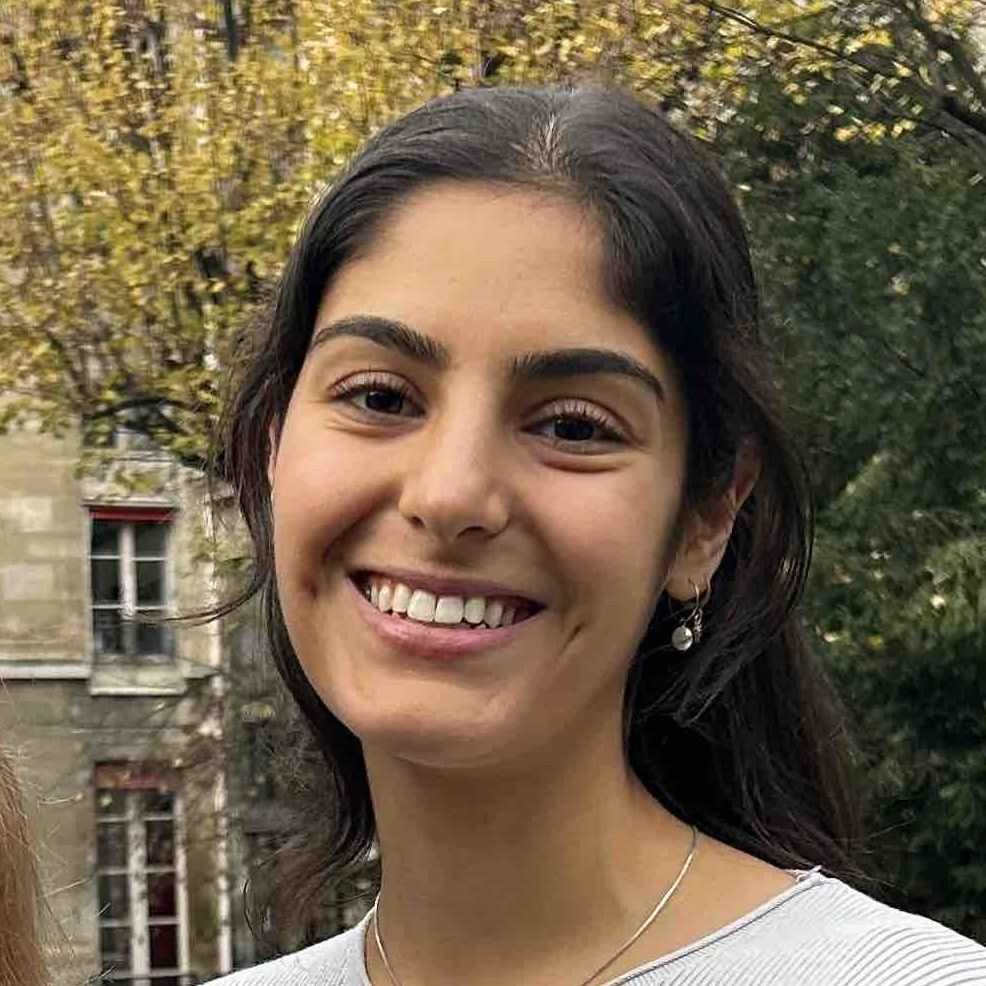
« As society faces urgent challenges, fostering collaboration is imperative, and it is truly an honour to connect with like-minded individuals striving to create global change. In relieving much of the financial burden of international studies, The CARE scholarship has enabled me to affirm my direction and supported me in making it a reality. »
Shaida Mahmoud
Canadian Student, PSIA’s Master in Environmental Policy
Read the interview
Care Partners
At Sciences Po, the CARE Program is anchored at PSIA and more particularly in PSIA’s Master in Environmental Policy and Master in International Energy Transitions. Both are two-year multidisciplinary degrees preparing a new generation of policymakers, project managers, analysts and auditors of environmental issues and the energy transition at the global level. Students in these Masters programs are trained in the most recent methods of study and research in the fields of biodiversity, climate change, water governance as well as energy production and distribution. They are simultaneously equipped with the necessary scientific literacy to engage with pressing issues and dilemmas in the field of earth science (including ecology, climatology and hydrology) and with the policy analysis and social sciences concepts needed to position themselves in relation to the legal, economic and social aspects of sustainable development. Furthermore, as host of the European Chair for Sustainable Development and Climate Transition, Sciences Po is at the forefront of efforts to advance education, innovation and public dialogue for the design and practice of policies for sustainable development and climate transition, within and outside of Europe.
The University of Toronto (UofT) is a leading institution in the field of sustainability thanks to the development and implementation of a broad range of academic programs and on-campus activities. Sustainability and environmental issues appear widely in faculty research and in teaching programmes across the University. In addition, UofT’s Sustainability Office has contributed to embedding sustainability (on the basis of the UN Sustainable Development Goals) into the fabric of university operations. UofT’s Munk School of Global Affairs and Public Policy will lead engagement within the Consortium. Its Innovation Policy Lab brings together economists, political scientists and geographers to foster social and technical innovations in policy, including climate change and environmental sustainability.
Known as Canada’s Food University, the University of Guelph (UofG) is recognised worldwide as a leading research and teaching institution on the issues of sustainable agriculture, food security and the environment. Rooted in strong connections with local communities, including Indigenous populations, Guelph offers interdisciplinary training anchored in social scientific approaches as well as physical and biological sciences.
The University of British Columbia (UBC) is one of the most advanced institutions in the field of sustainable development and environmental protection, and was the first Canadian university to develop a sustainability policy in the late 1990s. UBC is considered a leader in terms of research production, higher education training and on-campus activities in the field of oceans and fishery, forest resource management, and the sustainable use of natural resources.
Contact
CARE Program Manager: Céline CANTAT
